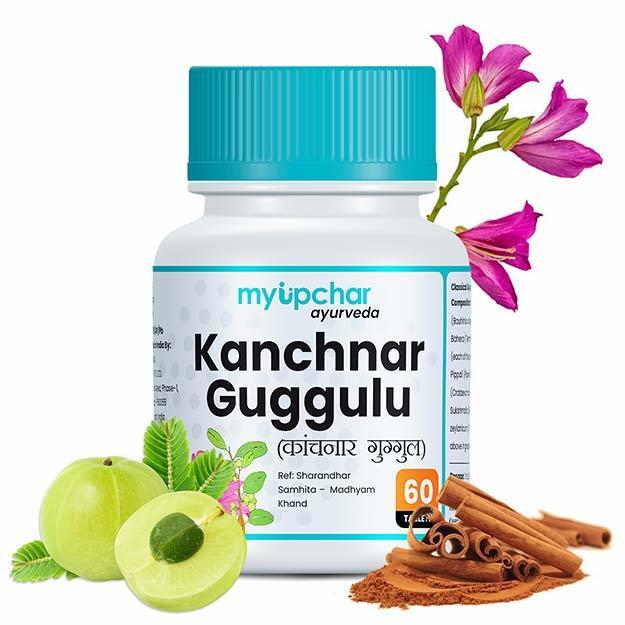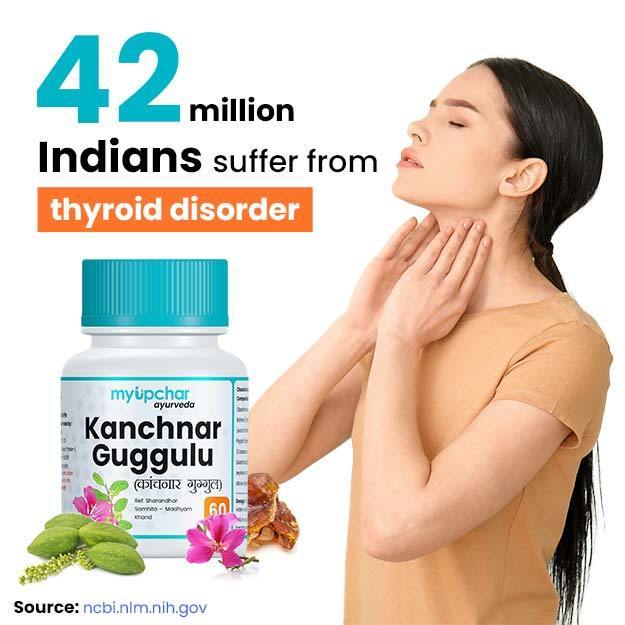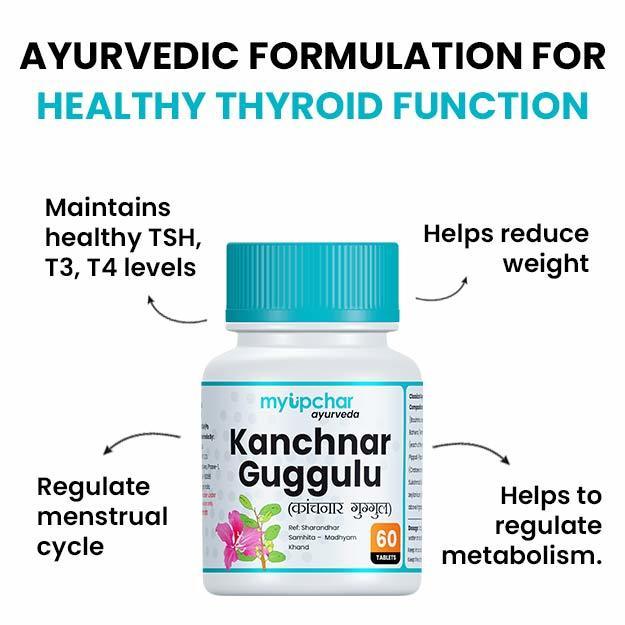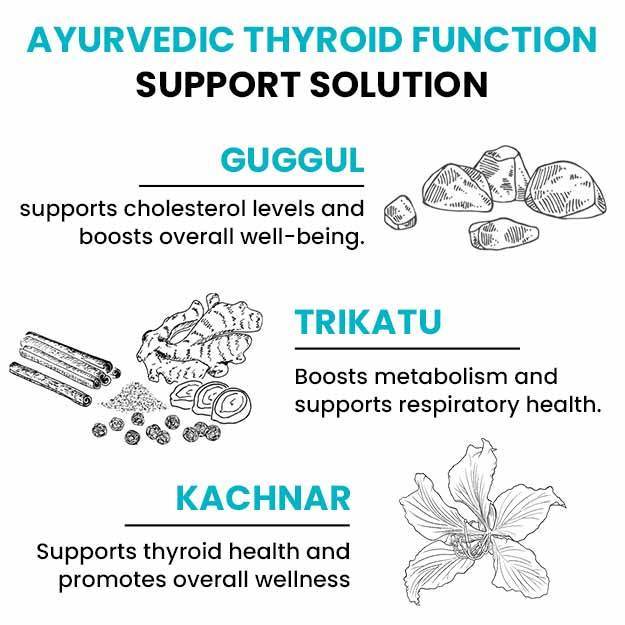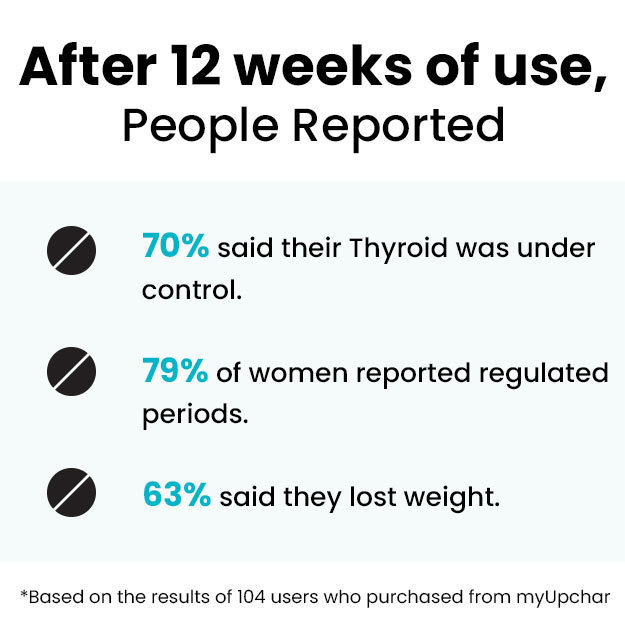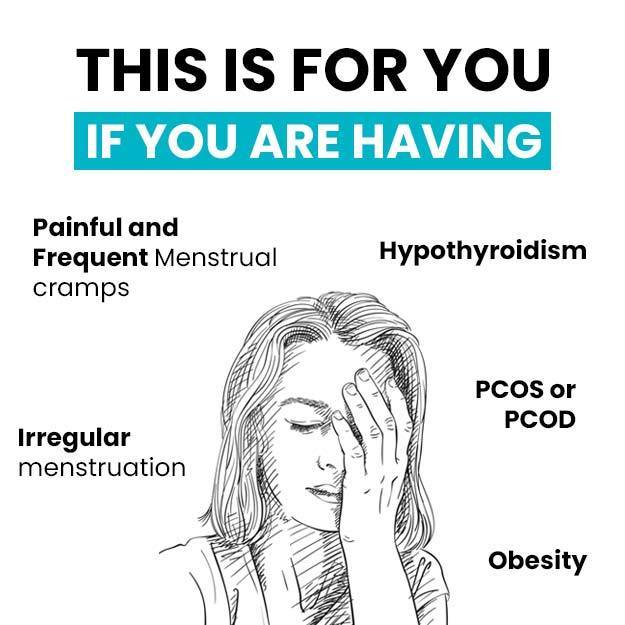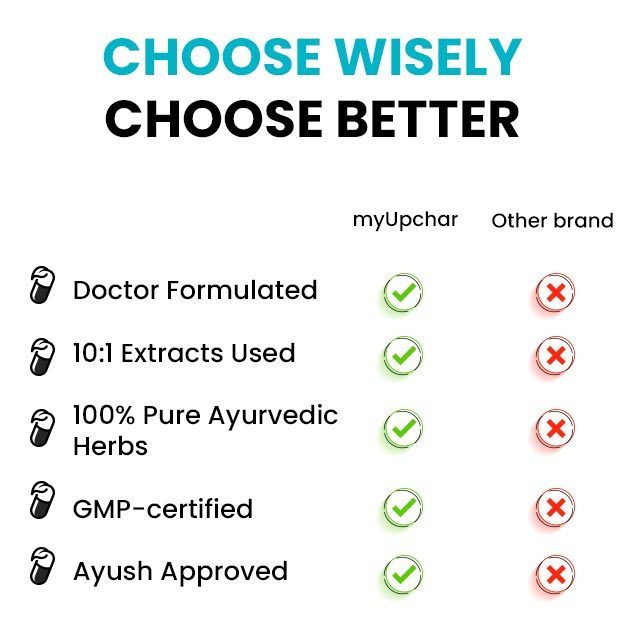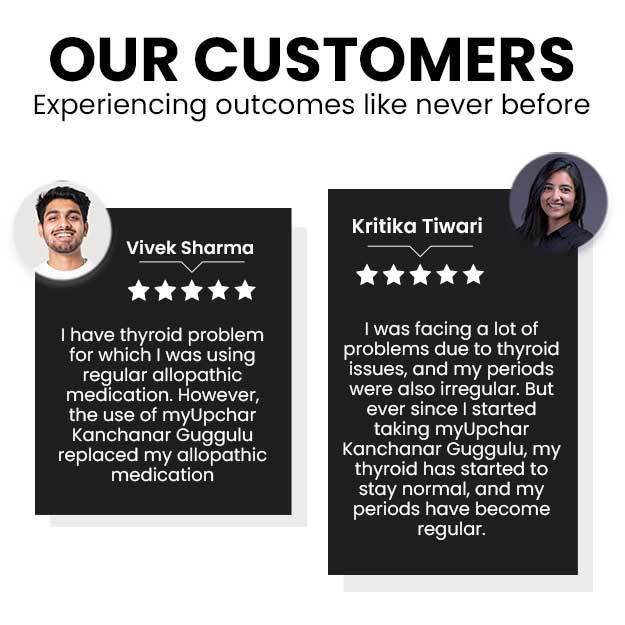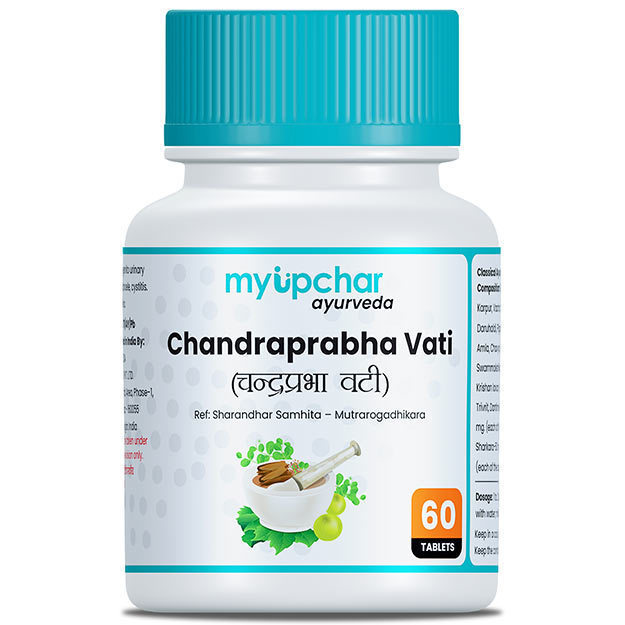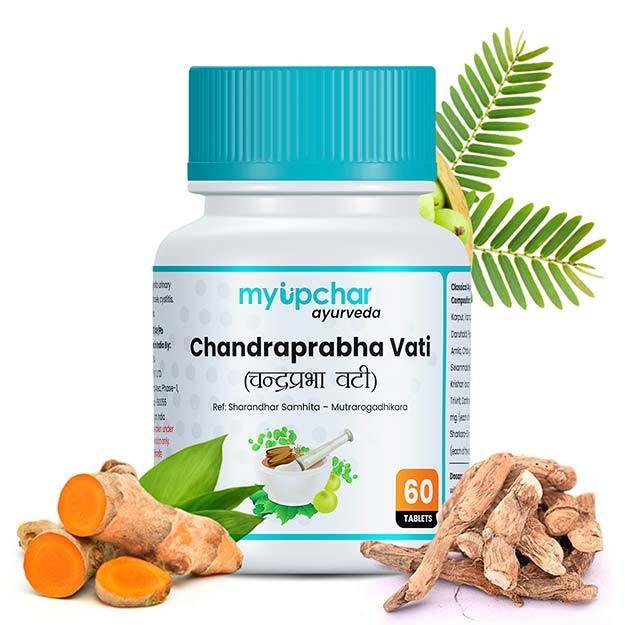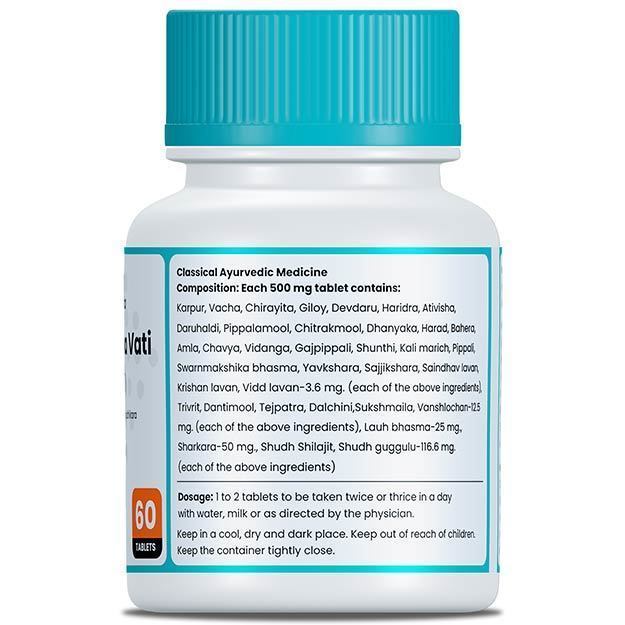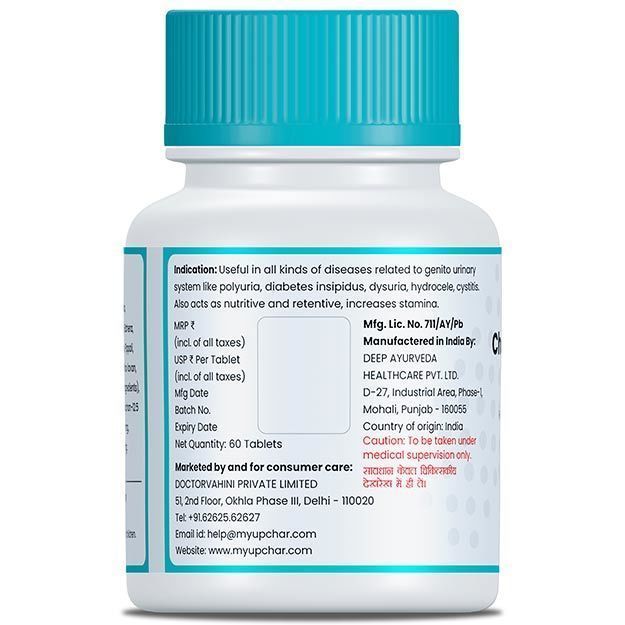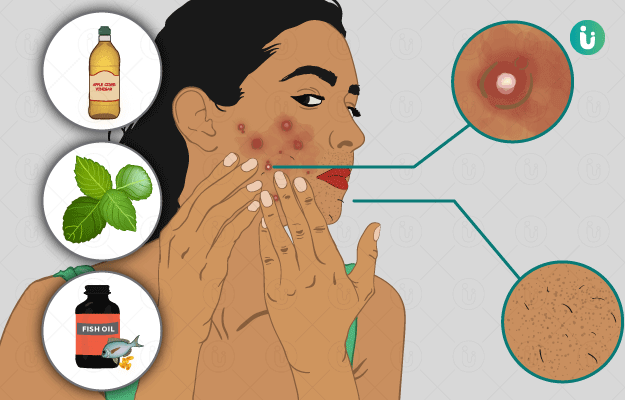Polycystic ovary syndrome (PCOS) is a condition that affects the fertility of women of childbearing age by causing the formation of numerous fluid-filled follicles in their ovaries. Some of the symptoms associated with the condition include absence of menses or infrequent menses, absence of ovum (egg) formation or infrequent ovum formation, irregular bleeding, increased level of male hormones in women, increased hair growth on the face and body, dandruff, oily skin, excess weight gain causing obesity and pelvic pain.
Women with PCOS also experience fertility problems, causing difficulty in conceiving, which may be related to increased levels of the hormone insulin or glucose levels in the body. Elevated levels of luteinising hormone reduce the probability of conception and increase the risk of miscarriage. It is noted that about 70% of the women with difficulties in ovulation have reduced fertility. Also, women with PCOS have a 30% to 50% risk of miscarriage, which is about three times higher than women without PCOS. Thus, PCOS is a concerning issue that needs to be managed appropriately.
Although PCOS cannot be correlated with any gynaecological condition in Ayurveda, it can be described as artava kshaya (oligomenorrhoea – scanty menses), which is the most common symptom among the affected women. Dysmenorrhoea (painful menses) is also a common symptom among women with PCOS. The Ayurvedic treatment prescribed for PCOS includes deepana and pachana (digestive therapy), shodhana chikitsa (cleansing therapy), vamana karma (therapeutic emesis), virechana (purgation) and basti (enema). The ayurvedic herbs useful in PCOS include guduchi (heart-leaved moonseed), amalaki (Indian gooseberry), haridra (turmeric), ashwagandha (Indian ginseng), karela (bitter gourd), Shatavari (asparagus), maricha (black pepper), and the ayurvedic medicines for PCOS include chandraprabha vati, shatapushpadi ghanvati and pathadi choorna.
- Ayurvedic view of polycystic ovary syndrome (PCOS)
- Ayurvedic remedies for polycystic ovary syndrome (PCOS)
- Ayurvedic herbs & medicines for polycystic ovary syndrome (PCOS)
- Dietary and changes needed according ayurveda?
- How effective are ayurvedic medicines and remedies for polycystic ovary syndrome (PCOS)?
- Side effects and risks of ayurvedic medicines and remedies for polycystic ovary syndrome (PCOS)
- Takeaway
Ayurvedic view of polycystic ovary syndrome (PCOS)
As per Ayurveda, the four main causative factors of PCOS include mithyachara (unhealthy lifestyle), beeja dosha (genetic defects), artava dushti (ovarian factors or menstrual disorders) and daivata (unknown factors).
PCOS is a disorder that affects vata, pitta and kapha doshas; shukra/artava (reproductive tissues), meda (fat), and rasa (plasma) dhatus; and artava, rakta and rasa vaha strotasa (pathways carrying these dhatus). The etiology of PCOS has a similar involvement of doshas, dhatus and upadhatus (products of dhatus). Kapha predominance causes weight gain; increased risk of diabetes; reduced fertility; and excessive hair growth on the face, back and chest. The predominance of pitta causes hair loss, pain during periods, heart problems and acne. The predominance of vata causes scanty, irregular and painful menses.
In PCOS, the obstruction in the pelvic region affects the flow of vata, causing the accumulation of kapha and pitta. Thus, the aim of the treatment is generally to clear this obstruction to the flow of vata and to regulate artava dhatu (menstrual system) and bring the person's metabolism back to normal. Drugs that lower kapha, enhance insulin and rebalance the hormones are useful in PCOS. The following symptoms may be observed in women with PCOS:
- Rakta gulma: Mucopurulent discharge with a foul odour associated with the absence of menses and abnormal growth in the uterus.
- Raja ksheenata: Cutting pain associated with reduced blood flow during menses.
- Vatala yoni vyapada: Menstruation with pricking pain and stiffness
Ayurvedic remedies for polycystic ovary syndrome (PCOS)
The following Ayurvedic treatments can be useful in the management of PCOS and associated symptoms:
- Deepana and pachana karma: These include administration of medicines to assist the stomach and colon in normalising the digestion process. The procedures help increase agni (digestive fire), which causes the destruction of ama and improves the function of the immune system. The herbs used for this procedure include coriander, cumin, rock salt and turmeric. Amapachana vati is used for deepana and pachana in women with PCOS.
- Shodhana chikitsa: It is a unique Ayurvedic process in which all the toxins are eliminated from the body. The toxins lodged in the body are first loosened through palliation and purification, which causes the toxins to move from the bloodstream into the digestive tract. Once the toxins reach the digestive tract, they can be expelled out of the body by using any one of the panchakarma methods. The panchakarma (five therapies) methods useful for shodhana in PCOS include vamana karma, virechana and basti.
- Vamana karma: Vamana karma involves inducing vomiting by using herbs, and thus cleansing the stomach, removing ama (toxins) and mucous from the chest and naadis (channels). This is the most dangerous panchakarma therapies as it may damage nerve reflexes. Vamana is not recommended in children, pregnant women, elderly and malnourished individuals, and those with excessive vata. It should also be avoided in those with high blood pressure, bleeding, fatigue, chest pain, constipation, difficulty in vomiting, headache, digestive tract disorder and heart problems. Two types of herbs are useful in inducing vamana:
- Virechana: Virechana is the simplest panchakarma therapy with excellent healing properties that are useful to heal abdominal tumours and manage PCOS. Various herbs, such as rhubarb, senna or aloe, are used as purgatives to remove excess pitta from the liver, gall bladder and small intestine. Virechana cleanses the liver and gall bladder and decongests the bile, and removes obstructions to the flow of bile. It is useful in thin and non-obese women with scanty menses as such women have vata and pitta dominance. Virechana is useful in the management of vaginal disease, patches on the facial skin, bleeding disorders, blood toxins and obstructed faeces.
- Basti (enema): Western enemas act only on the last few inches of the colon. Although basti seems similar to an enema, it cleanses the entire length of the colon. In addition to the faeces, the ama is also flushed out of the body. As a result, balanced and healthy functioning of the colon is restored, and as the colon is related to all the other organs and tissues, the entire body is healed and rejuvenated.
- Anuwasana (unctuous) basti: This is a type of basti in which the medicine used remains in the body for some time without causing harm. In this procedure, medicated oils and ghee are administered through the rectum. The procedure acts by moistening the dry tissues and organs and reducing hyperactive digestion process. Anuwasana basti should be done in the daytime during spring and colder winter days, and during nighttime in milder winter, summer and monsoon days. It is recommended for women with scanty menses and absence of menses.
- Yapana basti: This procedure is done for cleansing and oleation and is recommended to infertile couples to help get progeny.
- Uttara basti: Uttara basti is an enema of the upper tract that uses a combination of medicated oils and decoction. It is given through urethral and vaginal orifices. The procedure is useful in combination with virechana to treat conditions of both these organs.
Basti is not recommended in babies and in those with diarrhoea, rectal bleeding and polyps, fever, colon cancer and diabetes.
Ayurvedic herbs & medicines for polycystic ovary syndrome (PCOS)
Ayurvedic herbs for polycystic ovary syndrome
-
Guduchi
- Guduchi acts on the circulatory and digestive systems and is a tridoshic immune-boosting herb.
- It is useful in the management of pitta diseases and acts as blood purifier. This herb is also useful in the treatment of skin diseases, constipation, dysentery and PCOS.
- Guduchi is available in the form of extract and powder.
- Amalaki
- Amalaki has a high vitamin C content and is useful as a rejuvenator and nutritive tonic.
- It relieves ulcers, disorders of the digestive tract, painful inflammation and internal bleeding.
- Amalaki has cleansing and worm-destroying actions. It cleanses the vagina and protects from infections caused by worms. This herb also improves longevity and the overall quality of life.
- Amalaki acts on all three doshas and is helpful in the management of many diseases such as amlapitta (acidity), raktapitta (bleeding disorder), and daha (burning sensation).
- This herb is available as sweets, decoctions and powders. Amalaki churna can be taken with honey, sugar, water or as per the physician’s instructions.
- Haridra
- Haridra is useful in digestive, circulatory, urinary and respiratory disorders. It has antiparasitic and antibacterial properties.
- It acts as a blood purifier and is useful in amenorrhoea (absence of menses), skin disorders, blood tissue formation, anaemia, acne, sprains and all inflammatory conditions.
- Haridra is a subtle body cleanser and is available as a decoction, milk decoction and powder. However, it should not be used in individuals with excess pitta.
- Ashwagandha
- Ashwagandha acts on the nervous, respiratory and reproductive systems and has aphrodisiac, rejuvenating and anti-inflammatory actions.
- It is an immune booster and is used in the treatment of general weakness, fatigue, problems associated with fertility and immune system, and skin afflictions. Ashwagandha also stabilises the foetus and regenerates hormones in women.
- It is available as a decoction, ghee, oil, herbal wine and powder.
- Karela
- Karela is rich in vitamin C. It has fever-relieving and antiparasitic properties and is also used to relieve acidity.
- This herb helps in the management of kidney stones, diabetes, tumours, fever, diarrhoea and anaemia.
- Karela cleanses the liver, blood and bile and aids in reducing weight. It is an effective remedy for the management of PCOS and associated symptoms as it enhances the sensitivity of body tissues to insulin.
- Shatavari
- Shatavari acts on all the systems including circulatory, digestive, respiratory and reproductive systems. However, this herb is more commonly used for issues of the immune system and female reproductive system.
- Shatavari is useful in the management of leucorrhoea, infertility, menopause, impotency, sexual debility and female organ debility.
- This herb purifies the blood, supplies female hormones and nourishes the ovum. It balances and strengthens the menstrual system and regulates artava dhatu. Thus, it is useful in the management of PCOS.
- Shatavari is available in the form of a decoction, ghee, powder and oil.
- Maricha
- Maricha acts on the digestive, circulatory and respiratory systems and has expectorant and antiparasitic properties.
- It is useful in treating colon toxins, prolonged indigestion, gastric diseases, gas and skin diseases. It is also effective in managing PCOS and associated symptoms such as obesity.
- Maricha is available in the form of powder, infusion, medicated ghee and milk decoction.
Ayurvedic medicines for polycystic ovary syndrome
-
Chandraprabha vati
- Chandraprabha vati consists of haridra, amalaki, triphala and several other natural ingredients.
- It acts as digestive and expectorant and is useful in urinary disorders and skin disorders.
- This medicine helps clear the obstructions in body related to the flow of vata that may have caused the accumulation of kapha and pitta. It also normalises strotas. Thus, chandraprabha vati is an effective remedy for the management of PCOS.
- The medicine is recommended to be taken one hour before food. However, always consult an Ayurvedic physician before taking it.
- Shatapushpadi ghanvati
- Shatapushpadi ghanvati consists of several ingredients including shatapushpa (Anethum sowa), guduchi, kumari (aloe) and hingu (asafoetida)
- It pacifies kapha and vata doshas and has agni deepana (increasing digestion) properties. The medication regularises menstruation, improves the functioning of the uterus and detoxifies it.
- The ushna (hot), ruksha (dry), lekhna (scraping) and tikshna (sharp) properties of this medicine normalises the vitiated kapha and vata doshas, reduce excess meda, eliminates the blockage in the micro-channels of the body, and regularise the functioning of a vata called apana vata that is responsible for clearing waste from the body. Thus, it regularises the normal functioning of artava vaha strotas which leads to regular and proper menstrual flow in women with PCOS.
- Pathadi choorna
- Pathadi choorna consists of herbs like patha (velvet leaf), pippali (long pepper), shunthi (dried ginger), maricha and vrikshaka (country mallow)
- This Ayurvedic formulation helps to maintain proper metabolism in women with PCOS; thus, preventing weight gain, one of the most common symptoms of PCOS.
Dietary and changes needed according ayurveda?
Do’s:
- Consume food items that are sweet, sour and salty to taste and warm and unctuous in nature.
- Add dairy products such as milk and buttermilk and vegetables like radish and drumsticks in your diet.
- Take food including rice, wheat, soups containing ghee, sugarcane, sugarcane products and honey.
- Garnish your food items with spices such as asafoetida, coriander, cumin, black pepper, cloves, mint, ginger, mustard seeds and cardamom.
- Apply a heating pad on your abdomen and lower back.
- Bathe with warm water.
- Take sufficient mental and physical rest.
- Perform yoga techniques such as kapalbhati, anuloma viloma and mandukasan.
- Work out regularly.
Don’ts:
- Do not consume food items that can lead to constipation and abdominal distension such as raw vegetables, maida, chickpeas, excess legumes, cold and heavy food items.
- Do not take a bath in cold water.
- Do not indulge in excessive exercising and walking.
- Do not suppress your natural urges such as urination.
- Do not sleep during the daytime.
How effective are ayurvedic medicines and remedies for polycystic ovary syndrome (PCOS)?
A study published in 2017 indicated the clinical effectiveness of Ayurvedic therapy in the management of PCOS in 15 women. These women were treated with vamana karma followed by shatapushpadi ghanvati twice daily with lukewarm water for 45 days. The treatment showed significant improvement in obesity, body mass index and menstrual irregularities. It also helped reduce facial and body hair growth along with fasting blood sugar levels. The study concluded that vamana karma followed by shatapushpadi ghanvati is an effective therapy for the management of PCOS and associated symptoms.
Another study published in 2018 indicated the effects of the combination of basti with pathadi choorna in the management of weight gain in women with PCOS. In this study, shodhana chikitsa and samana chikitsa (medicinal therapy) improved formation and release of good quality ova and the receptivity of the endometrium (a layer of the uterus). It resulted in livebirth with no further complications in a woman with PCOS experiencing infertility and a history of abortion.
Side effects and risks of ayurvedic medicines and remedies for polycystic ovary syndrome (PCOS)
Ayurvedic medicines are generally safe when taken as per the direction of a registered Ayurvedic physician and in the prescribed doses. However, some individuals may experience side effects based on their physiology and physical condition, such as diarrhoea due to amalaki in those with high pitta content. So, it is always best to consult an experienced ayurvedic practitioner before taking any ayurvedic medicine, herb or treatment.
Takeaway
PCOS is a disorder in women causing difficulties in conception. It also causes weight gain which may hamper the regular life of a woman and increase the risk of other conditions like diabetes. Thus, it is important to manage it using the right path. Although many allopathic medications are prescribed for the management of PCOS and related symptoms, Ayurveda provides natural medicines with almost no side effects when taken under the guidance of an experienced Ayurvedic doctor. The effectivity of ayurvedic treatment has been indicated in some research studies too.
References
- Siriwardene SAD, Karunathilaka LPA, Kodituwakku ND, Karunarathne YAUD. Clinical efficacy of Ayurveda treatment regimen on Subfertility with Poly Cystic Ovarian Syndrome (PCOS). Ayu. 2010;31(1):24-27. PMID: 22131680.
- Archana S, Laxmipriya D. Ayurvedic management of polycystic ovarian syndrome by palasadi basti and pathadi choorna: A case report. Int J Ayur Pharma Research. 2018;6(10):41-46.
- Bhingardive KB, Sarvade DD, Bhatted S. Clinical efficacy of Vamana Karma with Ikshwaaku Beeja Yoga followed by Shatapushpadi Ghanavati in the management of Artava Kshaya w. s. r. to polycystic ovarian syndrome. Ayu. 2017;38(3-4):127-132. PMID: 30254392.
- Khot BM, Lad MD, Patil AJ, Kakad AC. “Clinical efficacy of ayurveda treatment on polycystic ovarian syndrome”. IOSR J Pharm. May 2013;3(4):21-25.
- Mishra D, Sinha M. Ayurvedic management of polycystic ovarian syndrome (infertility queen). J Res Educ Indian Med. Jan-Mar, 2008;33-40.
- Ranade A, Acharya R. Polycystic ovarian syndrome – a critical review. Ayurpharm Int J Ayur Alli Sci. 2017;6(4):69-82.
















